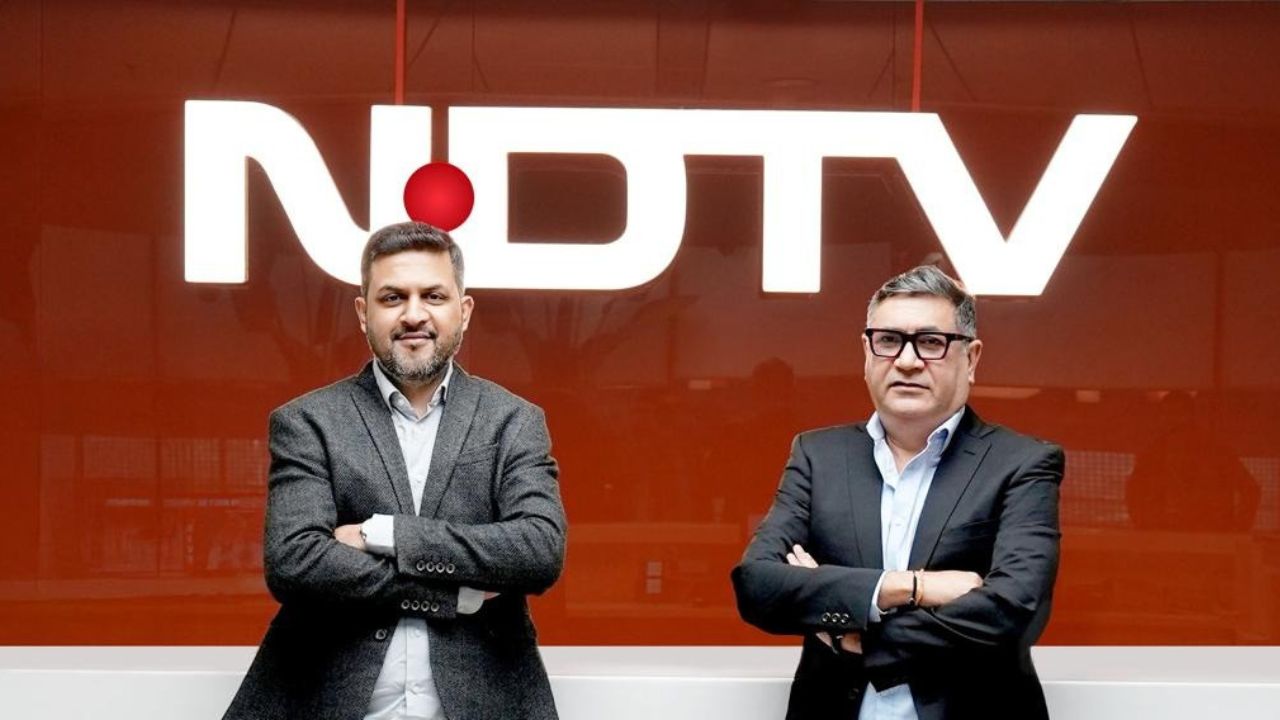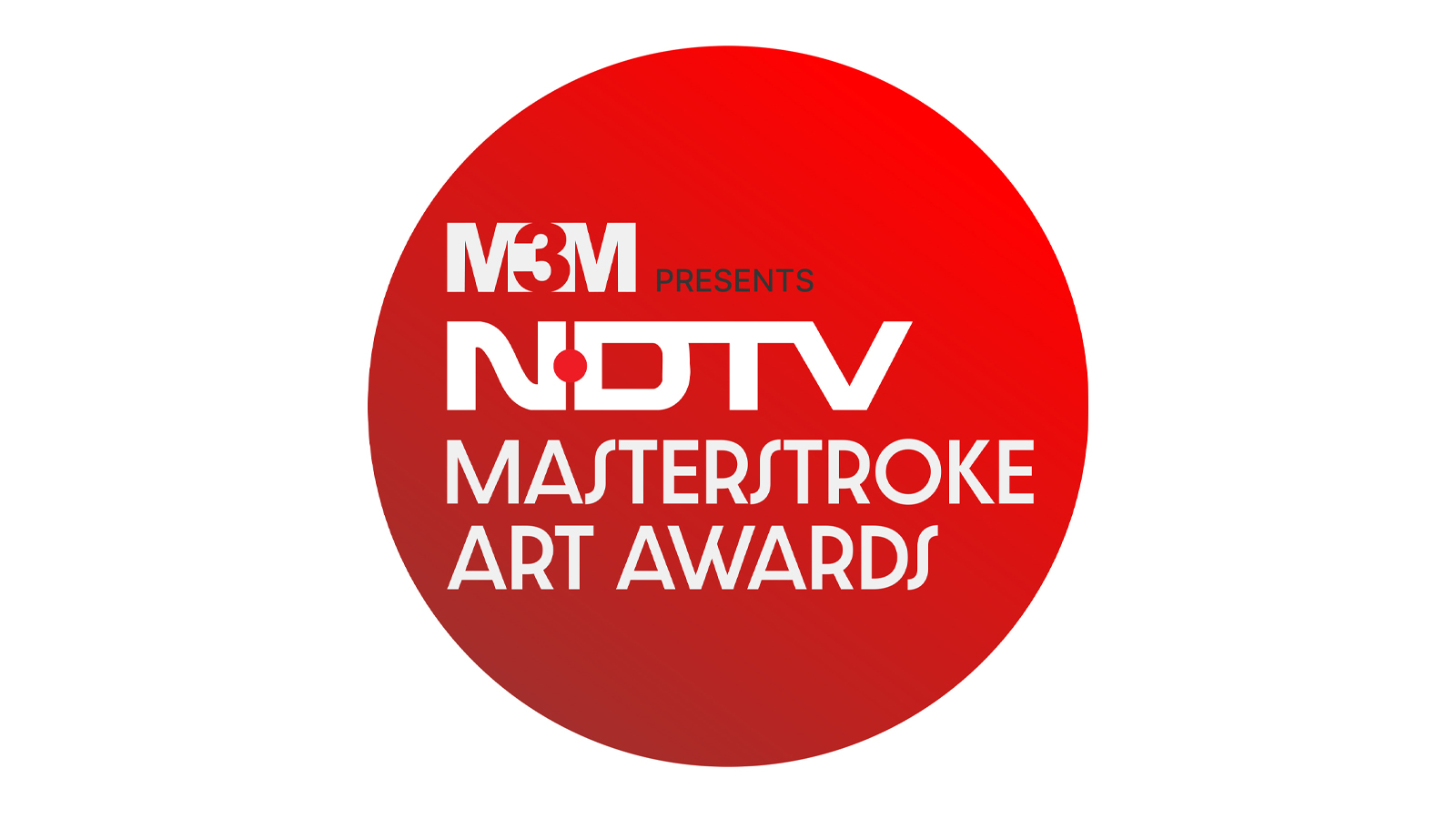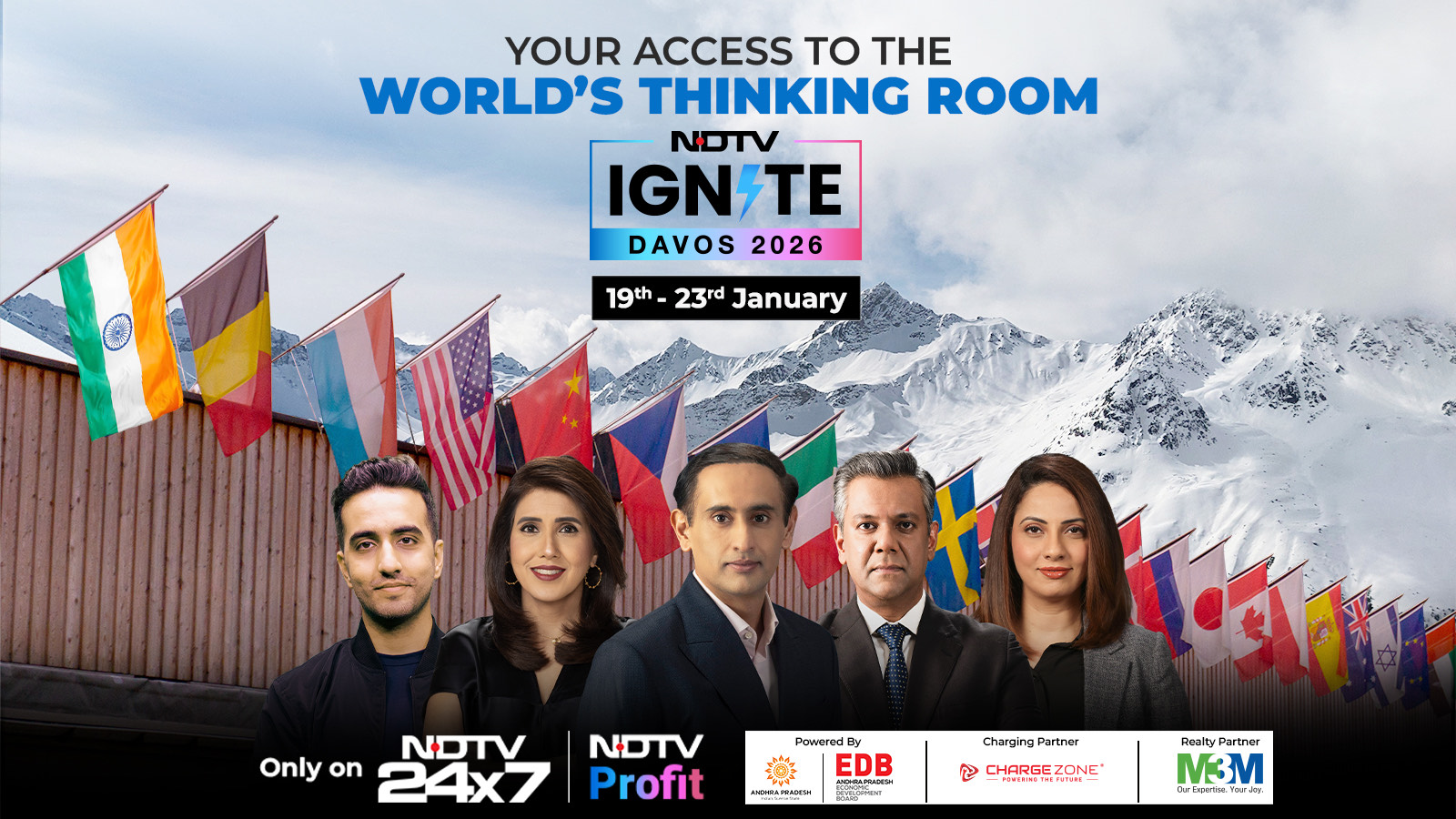Can we have your views on NDTV filing a law suit against measurement data by TAM India, and the allegations therein?
As far as the two parties are concerned, it's sub judice. However, I can step back a bit and look at the larger issue of audience measurement and the way that we should be doing it. And what I am saying does not at all suggest that the (current) process is compromised.
When you have a vendor-owned system, then the problem of autonomous audit over that system is harder to solve than when you have a joint industry committe-based system (JIC). If you have a JIC which is in charge, and a good example is the RSCI (Readership Studies Council of India) over the IRS (Indian Readership Survey), then there's a clear difference between the client and the vendor. There are clear rights that the client has to examine various things that the vendor is doing, as well as the ability to give instruction where required. In India, we have the blueprint of it in the shape of BARC (Broadcast Audience Research Council).
In the context of allegations made, can a dual ratings system help?
No, these are currency researches which provide the measurement system which enable the participants in that trade to value inventory. Whether it's an interest rate market, or print media market, you can't have two currencies... How would you decide the value of the product?
The debate on increasing number of people meters - is a size of 30,000 meters economically feasible? Can the industry absorb that cost?
The Ministry of Information and Broadcasting had appointed the Amit Mitra committee which had made recommendations to increase the panel size in India, because they believed in their wisdom that the current panel did not represent large chunks of the population... for instance, rural. They wanted a deeper coverage of the country. The extra number of people meters is a consensus in the TV industry, that we need to go wider and deeper. That being said, people meters are expensive technology and not just in terms of the hardware, but more importantly, in terms of the mountains of data generated every day. It's a resource-heavy process. My own sense is that if it enables the television industry to move towards better programming and monetisation, then people will pay.
Will an increase in the number of meters make process error-free?
It's a statistical process and hence it can't be error-free. However, the level of the error can be defined, around which the audit system is designed. The problem is, in a vendor-owned system, your ability to be completely conscious of what those errors are is a little diluted. Going forward, what you want is to get better assessment even of things like long-tail content.
Will pecking order change drastically, with a radical increase in number of meters?
We don't know and have no idea of knowing. In general, it's unlikely to throw up any major surprises. What could happen is that as we start penetrating into more regional and rural markets, there might be differences of behaviour that we don't know about yet. However, the major urban centres are unlikely to show too many changes.
Will this lawsuit open a can of worms?
Sometimes, you need a little bit of a shock in the system for everybody around it to learn to do things differently. I am a positivist as far as these things are concerned. I don't think we should look at it as the scandalous goings-on in our broadcast industry, but more of an opportunity for the industry to come together and find the means to solve the issue.




